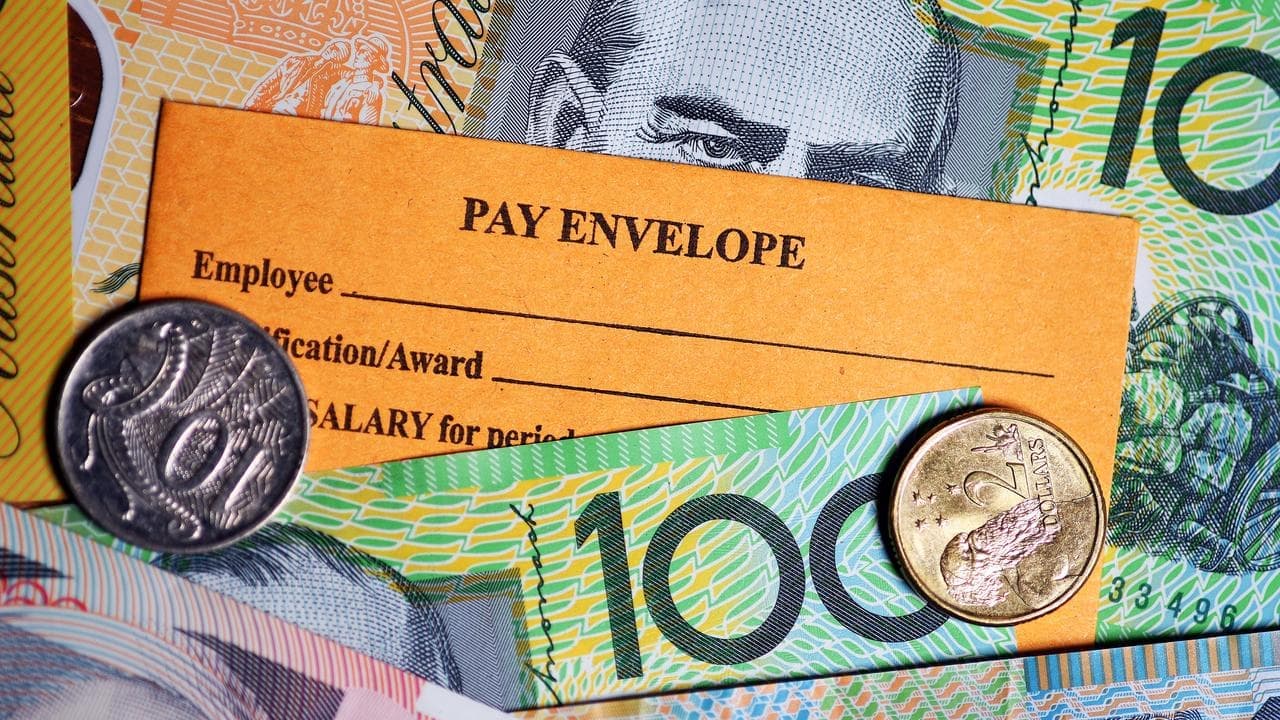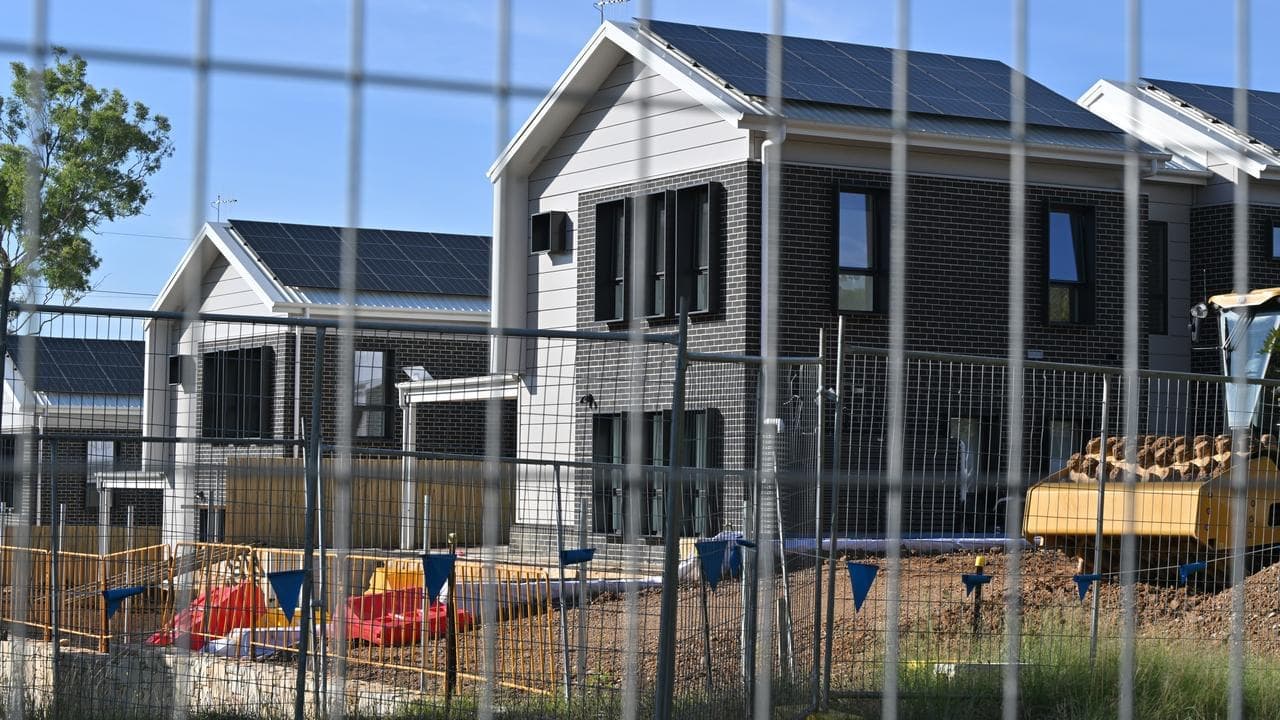WHAT WAS CLAIMED
The Australian government has stolen everyone's homes through changes to title records.
OUR VERDICT
False. The changes have made no difference to property ownership.
AAP FACTCHECK - The Australian government hasn't stolen everyone's private property through surreptitious changes to land title records, despite a viral claim online.
Experts in property law say the cited changes to how titles are managed in Australia have had no bearing on the legal status of the titles or people's ownership of their homes.
The claims are made in a video conversation, between former UK Brexit Party candidate Jim Ferguson and former Neighbours actress Nicola Charles, being shared on Facebook.
"The top two parties … have actually stolen everyone's homes and properties in Australia," Ms Charles says of the Australian federal government in the clip.

She says this was done "in a couple of very sneaky and ... deceptive ways" before outlining what she claims was a threefold strategy to strip homeowners of their properties.
First, she claims the government rendered all parchment paper title deeds null and void with a "big stamp" that says "Destroyed, no longer legal".
She claims the Albanese government then sold an entity she describes as the "title deeds and lands office" to an Australian super fund.
Finally, she says that "in the biggest heist" the government changed the language on the digitised titles from "in fee simple", or "freehold", to "fee simple", which Ms Charles falsely claims means "leasehold".

"In fee simple" and "fee simple" both mean the same thing, which is freehold - the opposite of leasehold.
However, Ms Charles incorrectly says the result is that Australian freeholders now own their property only by leasehold.
"You own it with the government," she says. "It's so they can mandate things like smart meters … so they can do things like put native title liens on the properties.
"So, on paper, Australians have had their homes and land stolen from them."
John Page, a property law scholar at the University of NSW Sydney, told AAP FactCheck the claims are incorrect.
He said Australia's Torrens title systems are now digitalised, with paper documents phased out.
"But there is no substantive change to the law across the states and territories," Professor Page said.
"Owners of fee simple estates have not been 'dispossessed' by government action."
He added that some title registries have been privatised but this is an operational matter and the law remains the same.
He confirmed the term "fee simple" does not mean leasehold as claimed.

Kate Galloway, an expert on property law and land rights at Griffith University, said it made no difference whether or not the preposition "in" remains on digital titles.
"Fee simple is the opposite of leasehold," Dr Galloway said. "Fee simple can never be less than freehold.
"How anyone could rationally suggest that removal of a preposition, while leaving the same term, could fundamentally change the nature of what has been granted, is beyond me."
Fee simple, as explained by Land Services South Australia, is the most common freehold estate and "equivalent to absolute ownership".
Nicole Graham, a property law expert at the University of Sydney, also said the claims were false, noting that private property is regulated by the states, not the federal government.
"The federal government isn't the correct government in question," she told AAP FactCheck. "Private property is state-based and regulated by state-based legislation."
Professor Graham said the transition from paper-based titles to digital titles in NSW had not affected landholders' ownership of title.
"The titles that landholders of freehold title have are unchanged, they are subject to the same limitations recorded on the register, such as mortgage interests, leasehold interests, easements and so on."
She said in NSW the transition from paper-based titles to digital titles helped digitise the registration process, noting that "hot waxed seals" have also become a thing of the past.
AAP FactCheck is an accredited member of the International Fact-Checking Network. To keep up with our latest fact checks, follow us on Facebook, Instagram, Threads, X, BlueSky, TikTok and YouTube.












